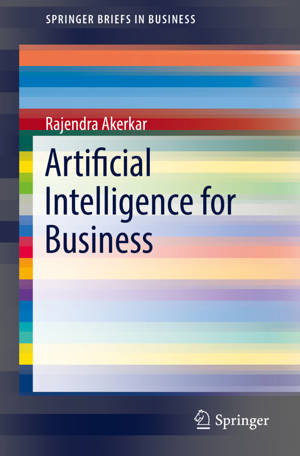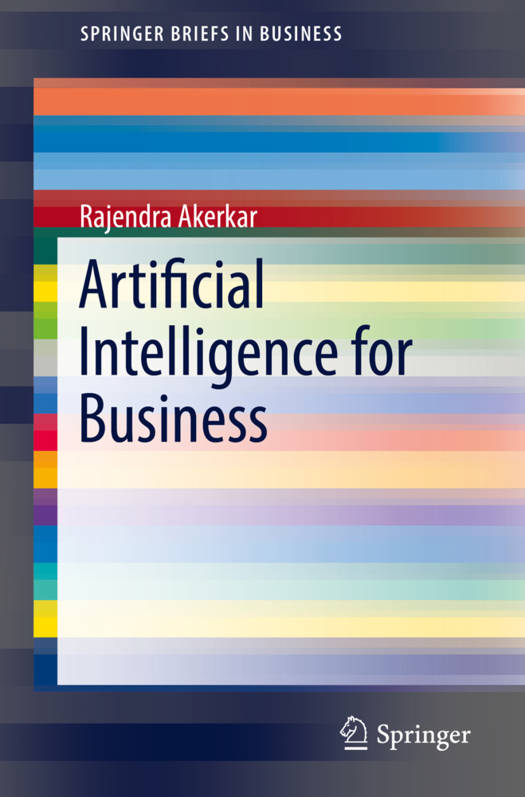
Je cadeautjes zeker op tijd in huis hebben voor de feestdagen? Kom langs in onze winkels en vind het perfecte geschenk!
- Afhalen na 1 uur in een winkel met voorraad
- Gratis thuislevering in België vanaf € 30
- Ruim aanbod met 7 miljoen producten
Je cadeautjes zeker op tijd in huis hebben voor de feestdagen? Kom langs in onze winkels en vind het perfecte geschenk!
- Afhalen na 1 uur in een winkel met voorraad
- Gratis thuislevering in België vanaf € 30
- Ruim aanbod met 7 miljoen producten
Zoeken
Omschrijving
This book offers a practical guide to artificial intelligence (AI) techniques that are used in business. The book does not focus on AI models and algorithms, but instead provides an overview of the most popular and frequently used models in business. This allows the book to easily explain AI paradigms and concepts for business students and executives. Artificial Intelligence for Business is divided into six chapters. Chapter 1 begins with a brief introduction to AI and describes its relationship with machine learning, data science and big data analytics. Chapter 2 presents core machine learning workflow and the most effective machine learning techniques. Chapter 3 deals with deep learning, a popular technique for developing AI applications. Chapter 4 introduces recommendation engines for business and covers how to use them to be more competitive. Chapter 5 features natural language processing (NLP) for sentiment analysis focused on emotions. With the help of sentiment analysis, businesses can understand their customers better to improve their experience, which will help the businesses change their market position. Chapter 6 states potential business prospects of AI and the benefits that companies can realize by implementing AI in their processes.
Specificaties
Betrokkenen
- Auteur(s):
- Uitgeverij:
Inhoud
- Aantal bladzijden:
- 81
- Taal:
- Engels
- Reeks:
Eigenschappen
- Productcode (EAN):
- 9783319974354
- Verschijningsdatum:
- 20/08/2018
- Uitvoering:
- Paperback
- Formaat:
- Trade paperback (VS)
- Afmetingen:
- 156 mm x 234 mm
- Gewicht:
- 145 g

Alleen bij Standaard Boekhandel
+ 139 punten op je klantenkaart van Standaard Boekhandel
Beoordelingen
We publiceren alleen reviews die voldoen aan de voorwaarden voor reviews. Bekijk onze voorwaarden voor reviews.









